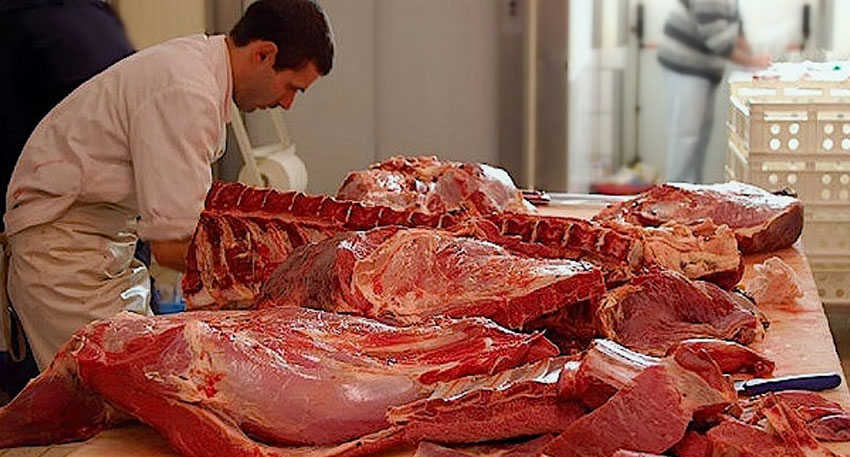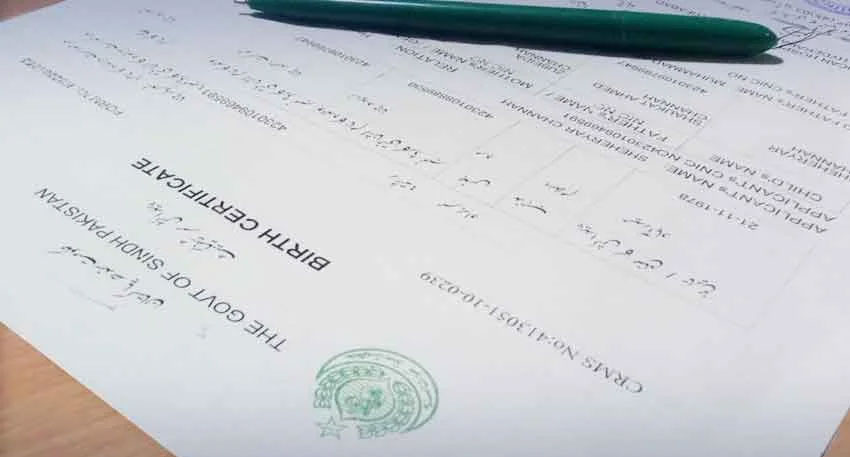
KP Food Authority has taken a groundbreaking step to combat food fraud by launching a state-of-the-art provincial food testing laboratory and center for research that can detect donkey meat and other non‑halal substances within seconds. This moves targets those who adulterate or mislabel meat especially those disguising donkey meat as halal.
Equipped with internationally recognized technologies, such as Fourier Transform Infrared (FTIR) Spectroscopy, High‑Performance Liquid Chromatography (HPLC), Ultra High‑Performance Liquid Chromatography (UHPLC), Gas Chromatography–Mass Spectrometry (GC‑MS), Atomic Absorption Spectroscopy (AAS), and Inductively Coupled Plasma Optical Emission Spectroscopy (ICP‑OES), the laboratory enables rapid and precise identification of meat sources and other adulterants.
Also Read: Govt closes utility stores all across the country
The facility comprises eight specialized sub laboratories under one roof and adheres to ISO and international food testing standards. It is backed by a centralized Management Information System (MIS) and digital traceability to streamline sample processing and reporting.
Besides meat speciation including detection of pork, donkey, or dog meats, the lab also analyzes milk, water, spices, beverages, edible oils, pesticides, heavy metals, microbial pathogens (e.g. Salmonella, E. coli, Listeria), antibiotic residues, and nutritional profiling across over 1,500 parameters in 100 food/beverage categories
Officials have described the facility, inaugurated by Chief Minister Ali Amin Khan Gandapur in July 2025, as a major milestone in KP’s food safety regime. It provides the authority with “real‑time” testing capability to act swiftly against violators, thereby protecting public health and consumer rights across the province.




